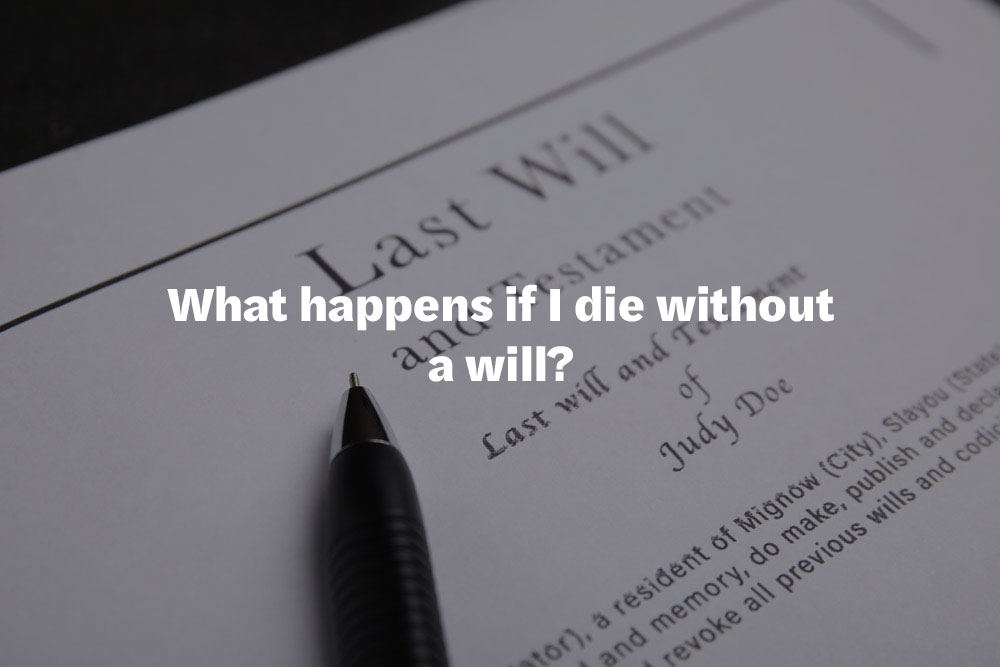Dying without a will, known legally as dying “intestate,” can lead to complicated and often unintended consequences regarding the distribution of your estate. In San Diego, as in the rest of California, specific state laws will determine how your assets are handled if you do not have a will. Understanding these implications can underscore the importance of estate planning and creating a will that reflects your wishes.
The Process of Intestate Succession
- State Laws Take Over: In the absence of a will, state intestacy laws dictate who inherits your assets. These laws are designed to distribute your estate in a standardized manner, which might not necessarily align with your personal wishes.
- Distribution Among Relatives: In California, your closest relatives will receive your assets. This typically starts with your spouse and children. If you are unmarried and without children, other relatives such as your parents, siblings, or nieces and nephews may inherit in a predefined order.
- Spousal Inheritance Rules: If you are married, your spouse may inherit all or a substantial portion of your estate, depending on whether you have children, and whether these children are also your spouse’s children.
- Complications with Blended Families: For those with children from previous relationships, or if there are stepchildren involved, the intestate process can become more complex and might not reflect the familial dynamics or your personal preferences.
- No Provision for Unmarried Partners, Friends, or Charities: Intestate succession laws do not recognize relationships outside of the legal family structure. This means close friends, unmarried partners, and favored charities would receive nothing from your estate unless you have a will specifying your wishes.
Consequences of Not Having a Will
- Probate Court Involvement: Your estate will likely go through probate, a public and often lengthy legal process that can incur significant costs and delay the distribution of assets.
- Potential Family Conflicts: Without a will, you leave the distribution decisions to the state’s laws, which may not satisfy all family members and could lead to disputes among your heirs.
- Guardianship Uncertainties: If you have minor children and do not have a will that names a guardian, the court will decide who will care for your children. This may not be the person you would have chosen.
Importance of Having a Will
- Control Over Asset Distribution: A will allows you to control exactly how your assets are distributed, to whom, and when, which can include friends, unmarried partners, and charities alongside family members.
- Minimize Legal Costs and Delays: By having a will, you can potentially streamline the legal processes involved in settling your estate, possibly avoiding a lengthy probate.
- Specify Guardians for Minor Children: A will enables you to make legal provisions for the guardianship of your minor children, ensuring they are cared for by someone you trust.
While it’s easy to postpone writing a will, understanding the implications of dying without one highlights the importance of taking control of your estate planning. At Allenby Law in San Diego, we specialize in helping individuals and families create comprehensive and customized wills that reflect their wishes and protect their loved ones. Contact us today to ensure that your estate is handled according to your preferences, not just the default laws of the state.



